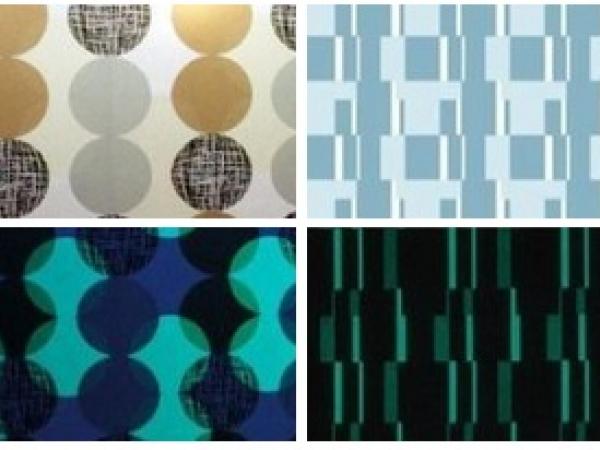Others also read
| Finding ways to improve energy efficiency is one of the greatest challenges facing contemporary architecture.
| High-performance functional glazing has a significant impact on the energy efficiency of buildings and their level of usability or life quality. Experts agree that increased demands will lead to improved functionality of the glass products used in facades.
| Zahner opens the public beta for CloudWall™ — the first application for Zahner’s ShopFloor™ platform. CloudWall provides an interface for users to design and fabricate curving facades in metal.
| This paper intends to present how applications of structural glass systems have evolved in HDA’s projects since the author’s intial work at La Villette with Peter Rice and RFR.
| October 2004: At glasstec, A+W and HEGLA present to the expert public the first SortJet controlled by the dynamic, online optimisation system DynOpt. For the first time ever, any sequence required can be achieved automatically, with optimum – in an elegant yet compact way.
| In the façade industry, glass panes have been bonded to aluminium frames with UV-resistant silicone adhesives for 40 years with almost unchanged mechanical strength.
| The paper shows that the residual stress at the surface of tempered glass panels may vary both locally and globally, i.e., stresses near the edges and corners of the panels may be considerably different from the stresses in the middle part of the panels.
| The new Spiegel headquarters and the neighbouring office complex, the Ericus-Contor, a fourteen and nine-storey building pair, expand the gallery of internationally recognized architectural works in Hamburg.
| Case Studies in Optimization of Glass-panelized Architectural Freeform Designs for the Eiffel Tower Pavilions
| Klaus Puschmann, Product Manager at Bystronic Lenhardt GmbH presented a paper on the new dynamic mixer system of the speed’sealer sealing robot which was designed to overcome the limitations of static mixer systems.
| At this year's GPD in Finland LiSEC was represented by two lecturers.
| Previously, toughened safety glass; now, laminated safety glass: A cost-efficient new facade at the Fraunhofer headquarters in Munich was made possible by using laminated safety glass made with strong, stiff DuPont™ SentryGlas® interlayer, allowing re-use of the existing support structure.
| Energy savings are an essential part of any new or renovated building. These can be obtained by means of insulation, special glazing and the use of particular materials.
| Office building achieves Breeam "Outstanding" rating / 16,500 sqm ipasol neutral for effective solar control
| In the design of interior spaces, glass is taking on an increasingly prevalent role. Offering numerous new products, innovative refining techniques and stepped-up information activities, the glass industry has successfully opened the door to this major market segment.
| The efficiency of photovoltaic modules is far from being exhausted. Companies are fighting on many fronts to gain percentage points.
| Chromatics is a modern, lightweight, shatterproof safety glass with a number of unique features that are changing conventional thinking throughout the worldwide cladding and glazing markets.
| Innovative glass products, new finishing techniques and the on-going extension of applications provide glass-processing craftsmen with promising development perspectives.
| Phosphorescent glass, a material originally developed for safety reasons is now being used in architectural glazing, especially in interior and exterior decorating.
| New technologies for glass finishing and processing make for high production efficiency and create the prerequisites for forward-looking products.
| In both the construction of new buildings and the refurbishment of existing ones there is an increasing trend towards construction materials with the highest possible energy efficiency.
| PVB is increasingly assuming the leading role among alternative encapsulation materials for solar cells as the alternatives to Ethylene-Vinyl-Acetate (EVA)
| The progress obtained so far, and the future trends for the two most successful thin film solar cells, namely CulnGaSe2/CdS and CdTe/CdS, are described in this article.

























